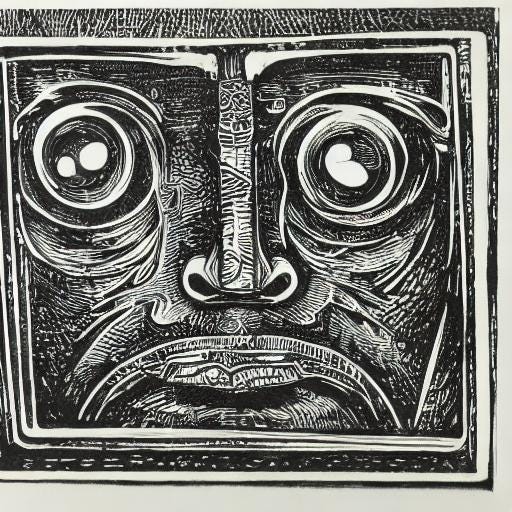1, #42 - Can information solve our problems?
On improved means to unimproved ends — Estimated Read Time: 55 seconds.
I’m drawn to contrarian takes and wow, did I find one this week.
In 1992, author and educator Neil Postman criticized our cultural obsession with not only technology, but with information, itself:
The message [of computers] is that through more and more information, more conveniently packaged, more swiftly delivered, we will find solutions to our problems.
While Postman begins with a focus on computers, that’s not where he says this issue began:
Nothing could be more misleading than the idea that computer technology introduced the age of information. The printing press began that age, and we have not been free of it since.
And what lends credibility to his theory is the eery precision with which he predicted the promises of the technological innovations we’re experiencing right now, 30 years later:
As things stand now, the geniuses of computer technology … will give us artificial intelligence, and tell us that this is the way to self-knowledge. They will give us instantaneous global communication, and tell us this is the way to mutual understanding. They will give us Virtual Reality and tell us this is the answer to spiritual poverty. But that is only the way of the technician, the fact-mongerer, the information junkie, and the technological idiot.
Here is what Henry David Thoreau told us: “All our inventions are but improved means to an unimproved end.”
What do you think?
Insight inspired by: Neil Postman and his speech, Informing Ourselves to Death, which I found on Read Something Wonderful.

I can definitely resonate with this. With a ton of information available, "knowing" can start to be confused with "thinking." You need to actually digest information to help inform your own viewpoints and wisdom, and that takes time and contemplation. With ChatGPT, it can probably even feel like by asking the right questions, you are digesting information when you're actually just getting an AI rehash.